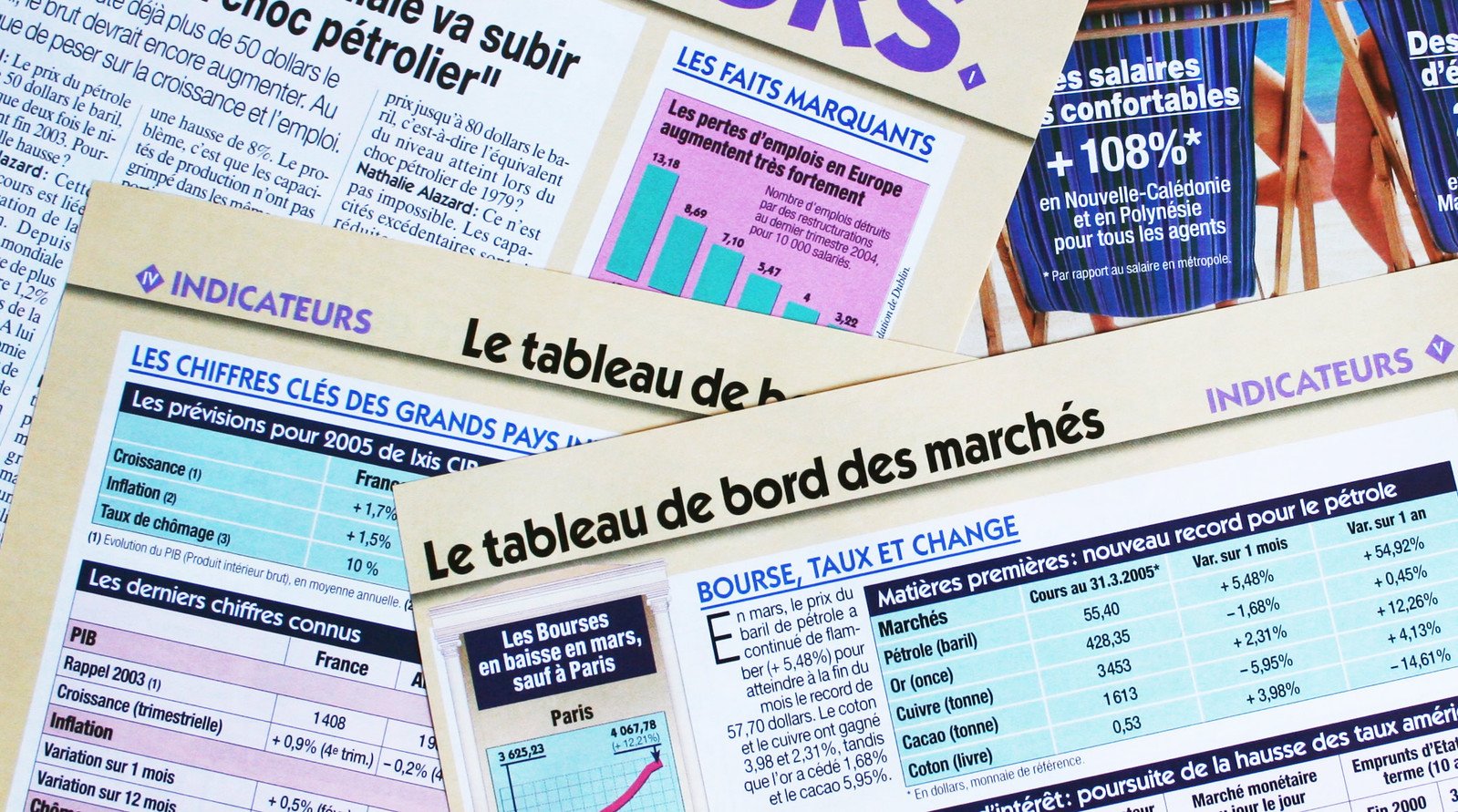

Can't anyone see that outsourcing 'European' legal proceedings to the United States is outright absurd and unlawful?
THE management of the EPO isn't fooling staff. The management will have its E-mail boxes stuffed by complaints this week. This kind of action is long overdue and may be effective when staff cannot congregate (legally) to protest.
"Well, as it turns out, not everyone in the patent/legal profession appreciates this ridiculous rush to ViCo, which now forces (or compels) parties to participate in something illegal (SUEPO cited the relevant laws or regulations)."What about law firms and attorneys? As it turns out, those with a spine are willing to speak out and we're thankful to the few that do. Thorsten Bausch (Hoffmann Eitle) wrote about the EPO's management breaking the law (again), this time by rushing to ViCo (or VICO, the spelling varies). Laws replaced by buzzwords and catchy acronyms?
The "EPO should also listen to the parties’ concerns," Dr. Bausch explains, "against oral proceedings by VICO in an individual case and take them seriously."
 As we put it the other week, using an analogy and moreover paraphrasing the EPO's misleading text: "Nuclear weapons advances have been broadly welcomed by the military profession."
As we put it the other week, using an analogy and moreover paraphrasing the EPO's misleading text: "Nuclear weapons advances have been broadly welcomed by the military profession."
Well, as it turns out, not everyone in the patent/legal profession appreciates this ridiculous rush to ViCo, which now forces (or compels) parties to participate in something illegal (SUEPO cited the relevant laws or regulations). From Dr. Bausch's analysis/opinion:
With that, we are back in the present. Just recently, the EPO President has ordered (oktroyiert) that oral proceedings before the Opposition Divisions will from now on take place via videoconference (VICO). Consent of the parties will be no longer required.
[...]
So, to cut it short, VICO as a means to hold oral proceedings in opposition proceedings were available since (at least) May 2020. Yet alas, they were not accepted by “the patent profession” to an extent sufficient to clear the EPO’s backlog. Thus, time to tell the profession how to do it properly. Thank you, Mr. President.
It is more the style of this communication that disturbs me than the substance of the President’s decision. I (and I think this applies to the majority of the patent profession) do realize that we live in difficult times, and that oral proceedings in person before the Opposition Divisions are not exactly what should be done in order to keep your contacts to the necessary minimum. I also understand that the EPO is building up a backlog of cases if no or only a few decisions can be made in COVID-19 times. The patent profession will suffer at least as much from this backlog as the EPO itself. Just imagine if you have to attend to (and ideally win) 2 or more oral proceedings every week… – So, I understand that something should be done to avoid this unpleasant state of affairs. But is this not the point in time where to conduct a public consultation and collect both the ideas of stakeholders and their concerns before announcing such a decision? Conversely, if you understand your position as the boss of an Octroybureau, why bother?
[...]
So this new Article would enable and empower the Boards of Appeal to adopt a “new normal”, i.e. oral proceedings by videoconference “if the Board considers it appropriate to do so“. Notably, this new Article in its present form would apply indefinitely, i.e. may well outlive the current COVID-19 situation. I would not be surprised if the Boards of Appeal and their President would tell us that this is definitely not intended and that the Boards would certainly return to the “old normal” after the end of the pandemic. I would even accept and believe that at face value. However, this is precisely the problem of enablement laws – you are completely dependent on the goodwill of the persons you have empowered. I personally would therefore much prefer a legal solution that is either limited in time from the beginning or made dependent on a declaration of the President of the Boards of Appeal or (better) by the Administrative Council that there is a state of emergency due to a pandemic, during which special rules apply, but these rules cease to be applied once this state of emergency has ended. If my understanding is correct, this is also how several contracting states (including Germany) have formulated their infection protection laws.
[...]
Conversely, the EPO should also listen to the parties’ concerns, if any, against oral proceedings by VICO in an individual case and take them seriously.